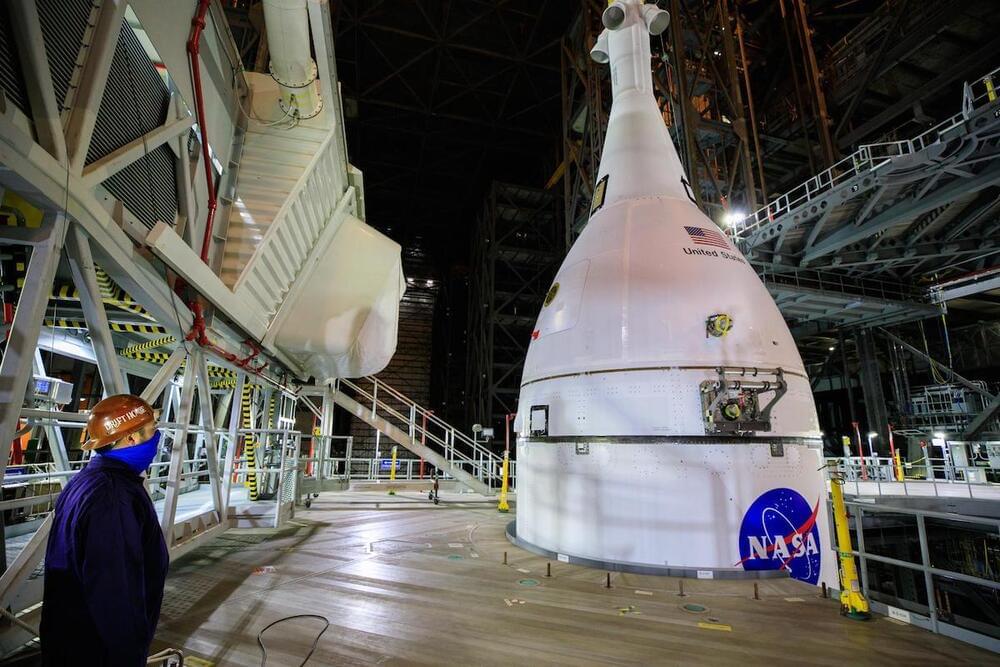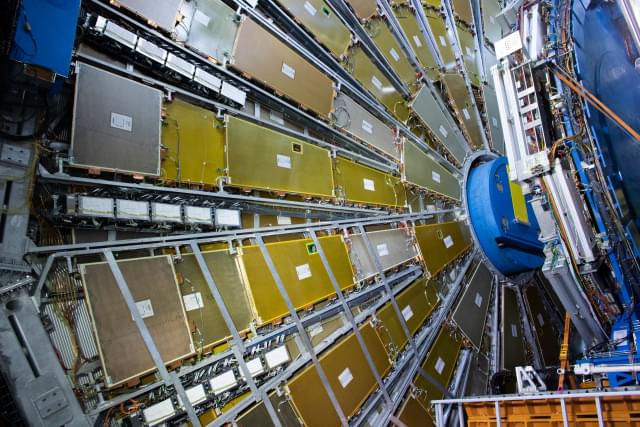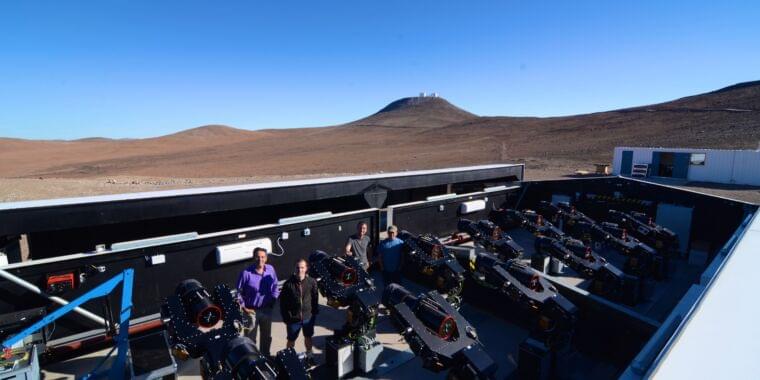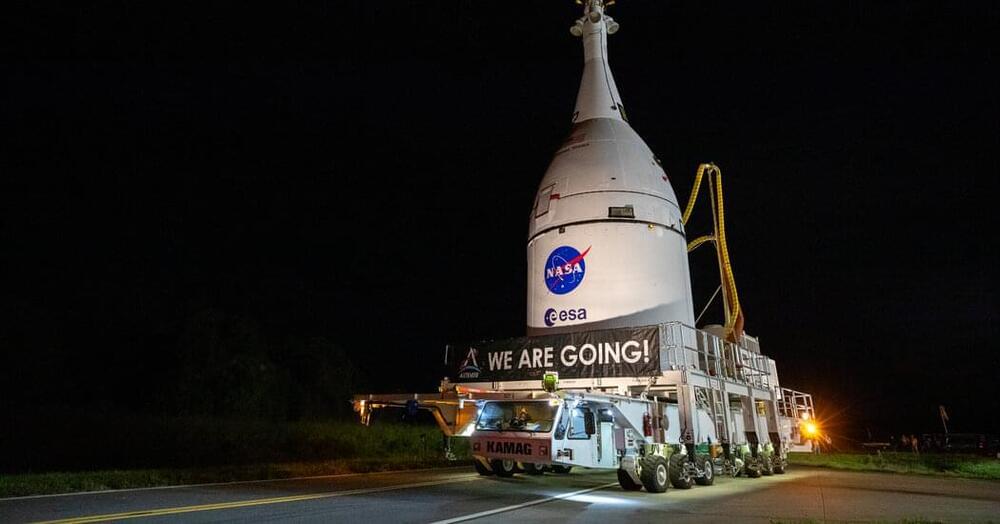Oct 24, 2021
The Navy Invented a Device to Prevent People From Talking
Posted by Omuterema Akhahenda in category: military
The U.S. Navy has invented a new device to prevent people from speaking, one that people with siblings will recognize instantly. The handheld acoustic hailing and disruption device records a person’s speech and spits it back out again, disrupting their concentration and discouraging them from speaking further. Although an interesting—and very familiar—concept it’s unlikely this tech will ever see use on the battlefield.
The handheld acoustic hailing and disruption (AHAD) was developed by engineers at Naval Surface Warfare, Crane Division, a Navy research and development facility in Indiana that develops handheld and crew-served weapons for the service. The patent, New Scientist reports, was issued in 2019.
Continue reading “The Navy Invented a Device to Prevent People From Talking” »


















